New Election Commission, Same Old Course?
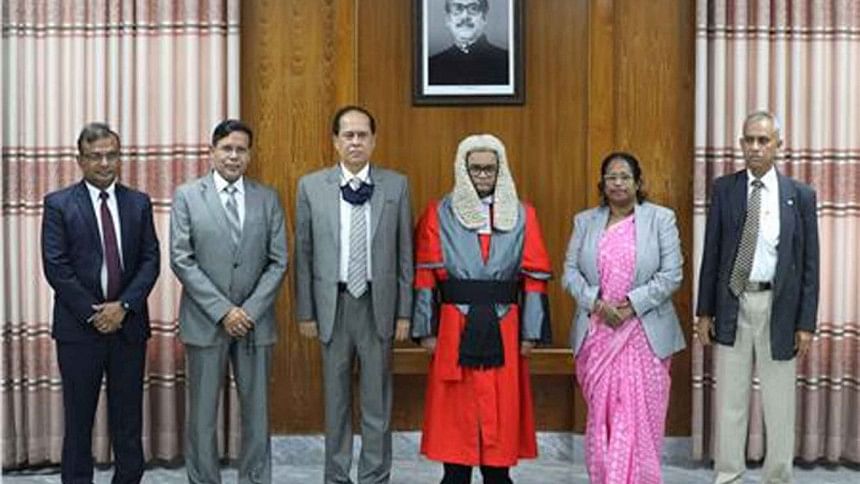
The Election Commission of Bangladesh has been mired in controversies over the last decade. Bar a few rare instances, the elections held at the national and local levels since the 2009 general election have been questionable at best. From allegations of rigging and voter fraud to instances of violence and murder in the vicinity of polling centres – every election has been marred by one or multiple such incidents. Consequently, the people of the country have lost their trust in the electoral system, which is an ominous sign for a democratic process. And for this situation, the last two election commissions, led by Kazi Rakibuddin Ahmad and KM Nurul Huda, are largely to blame.
So when the process of appointing the new election commission started at the end of last year, many political parties did not show any interest. BNP and some other political parties did not even join the dialogues leading to the formation of the new election commission. Although the new commission was formed through a new law in February, it is yet to gain the trust and confidence of a good number of opposition parties, including the BNP.
There was a time when only the major political parties used to publicly express their distrust of the electoral system and the election commission. But at the time the present Election Commission was formed, it became clear how far the crisis of confidence had reached, because the response from the general public was lacklustre and rather unenthusiastic.
It is in this context that the new commission adopted a submissive tone since its formation. Soon after the formal announcement, I spoke to the newly appointed chief election commissioner (CEC), Kazi Habibul Awal, over the phone. He said, "If I can hold acceptable [to all] elections, maybe I will have the joy of success, or else I will have regret."
Still, we remain optimistic as the CEC has said they will try their best to hold a participatory election. He also said it was not possible for the commission alone to ensure a good election. In this case, all political parties and law enforcement agencies would also have to do their part – so would the civil society and the media.
There are several challenges before the Habibul Awal-led commission. First, the opposition parties need to be reassured enough so that they participate in the elections. Second, the commission should present a roadmap for overcoming the shortcomings of the last elections to the nation. Third, it should make it clear to everyone that they would not be susceptible to external interference while performing their duties – and be prepared to resign en masse if they are unable to do so. Overcoming these challenges are key to making the upcoming general election beyond reproach.
This is also where our disappointment lies. So far, the Election Commission seems to have hardly done anything to address these challenges. Although they have not yet confirmed whether the next general election will be held with electronic voting machines (EVMs), it appears that the commission is favouring the idea, despite the fact that most political parties in the country are against using EVMs in elections. Such a stance is only contributing to further distancing the Election Commission from the political opposition.
In May, at a function in Madaripur, Election Commissioner Anisur Rahman said the political parties were welcome to use their own IT experts to examine how EVMs work. He also said the CEC would give a USD 10 million reward to anyone who could find faults with the EVMs. The CEC quickly refuted his fellow commissioner's claim, pointing out that he could not make such bizarre comments.
While the debate over using EVMs in elections continues, former CEC KM Nurul Huda, who is dubbed by detractors as the "organiser of vote by night," said recently that elections under the ruling party were sensitive and challenging. He said it was not possible for the Election Commission alone to hold a free and fair election without the cooperation of all the political parties, the administration and other stakeholders. Asked if the election would be acceptable if BNP did not take part in it, the former CEC said BNP was a big political party, so it would not be acceptable if the next parliamentary election was held without it.
The irony of that statement could not be more obvious. Here was the election chief who had overseen the most questionable election in the country's recent history that left little doubt about irregularities among almost everyone who followed it. It could well be said that it was his failure to hold free and fair elections that led the BNP to become sceptical about joining the electoral process, lest they lose face again.
Nurul Huda's former colleague, former election commissioner Mahbub Talukdar, later brought some of the incidents from that time to light. But the former election chief remained undeterred.
Free and fair elections are part and parcel of a democracy. Failure of the previous two election commissions to ensure it has deeply hurt our democratic process, with the general people turning apathetic towards the electoral process and major political players losing faith in it. In order to bounce back from this situation, the Election Commission needs to build trust among both the people of the country and the political parties. And then they must work towards delivering a free, fair and participatory election that is above question and acceptable to everyone. But the new Election Commission seems to be walking the old path of its predecessors, and needs to change course if it wants to be credible.
Mohammad Al-Masum Molla is deputy chief reporter at The Daily Star.

 For all latest news, follow The Daily Star's Google News channel.
For all latest news, follow The Daily Star's Google News channel. 
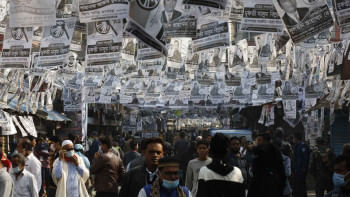




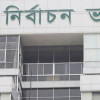
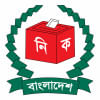
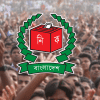
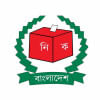


Comments